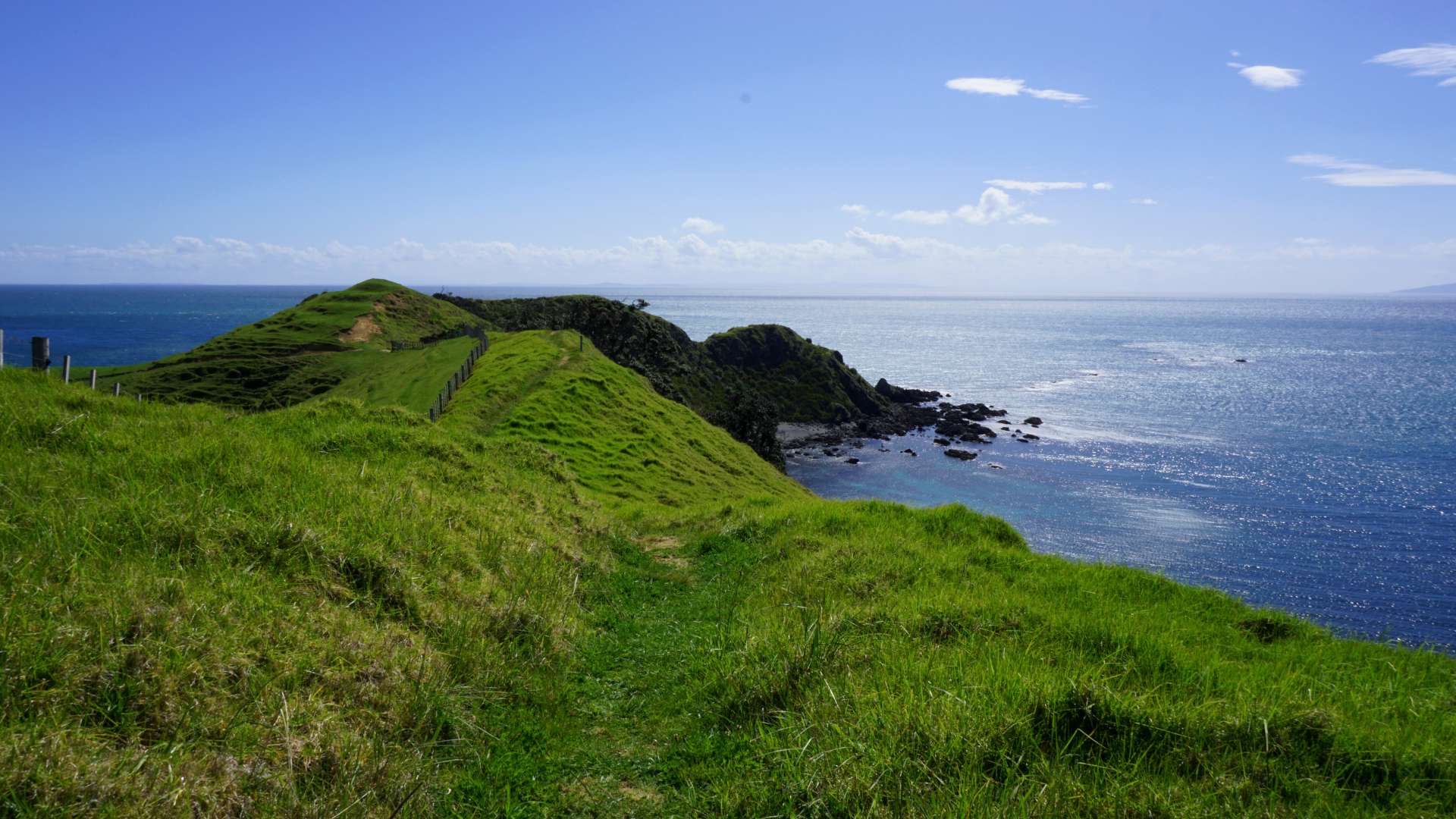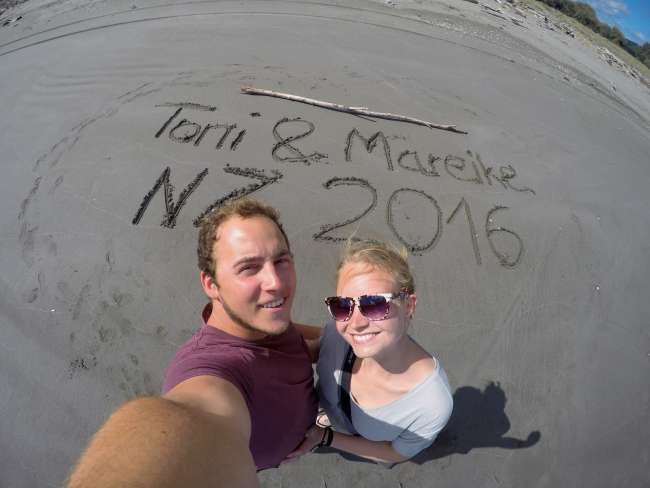In the deepest South
પ્રકાશિત: 18.04.2017
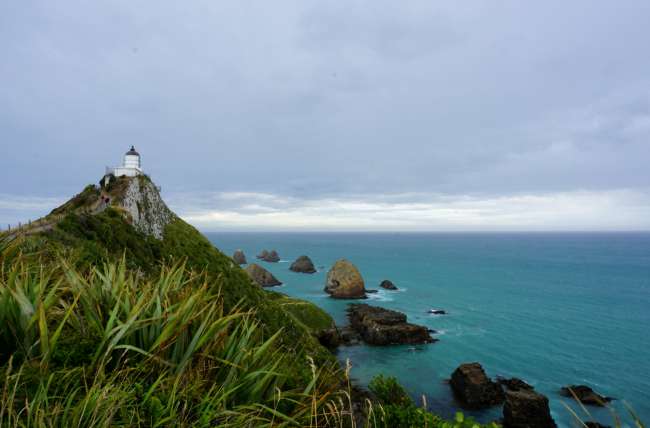
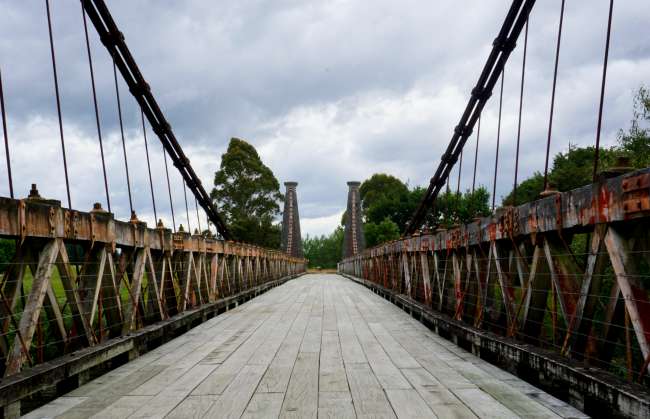
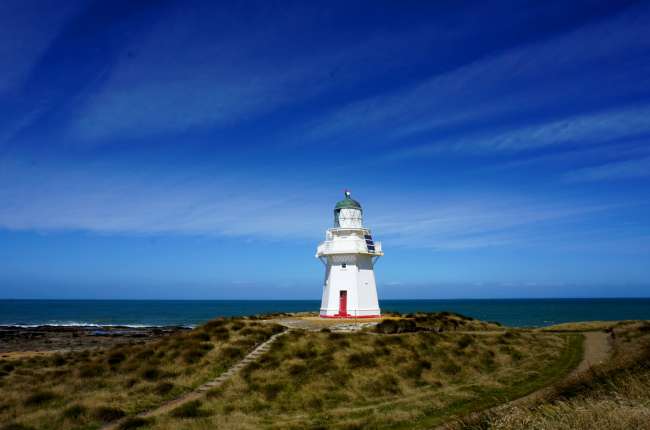
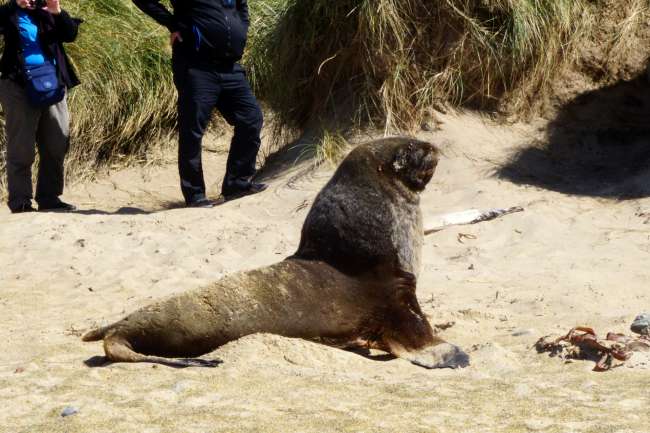
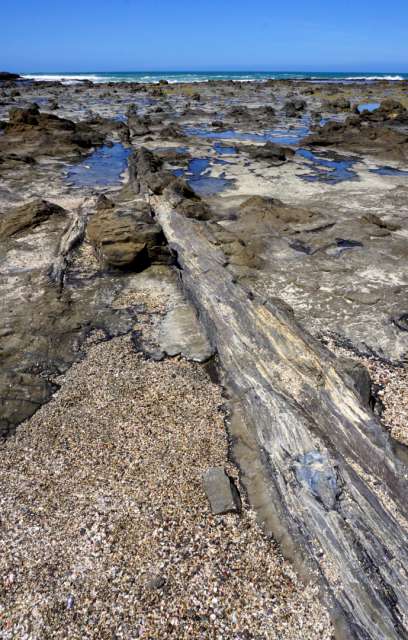
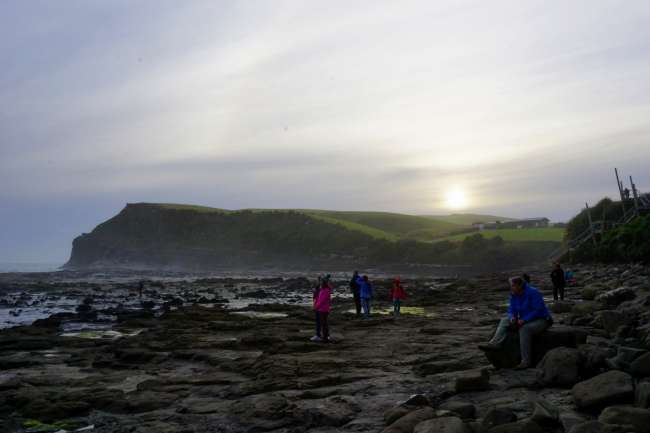
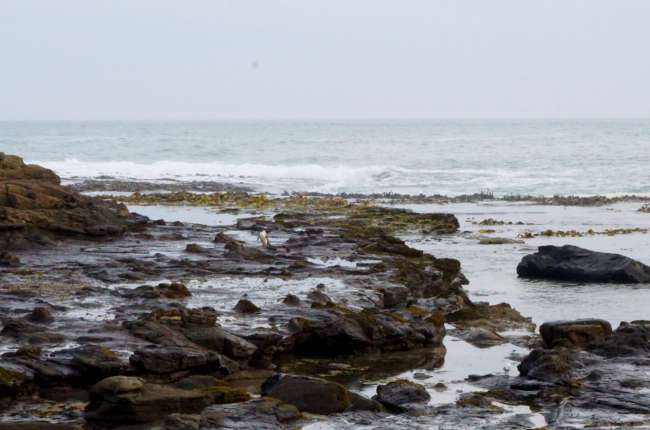
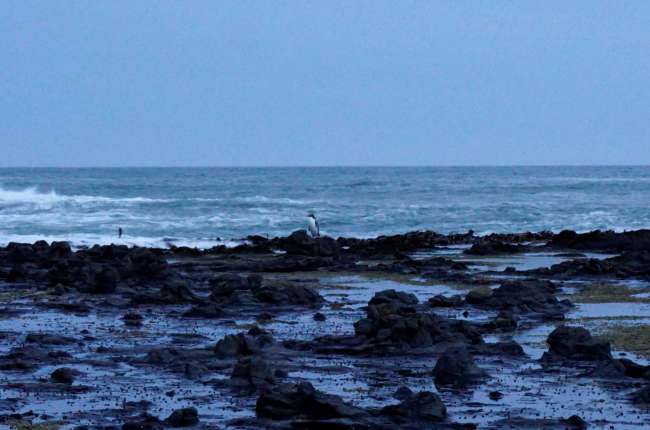
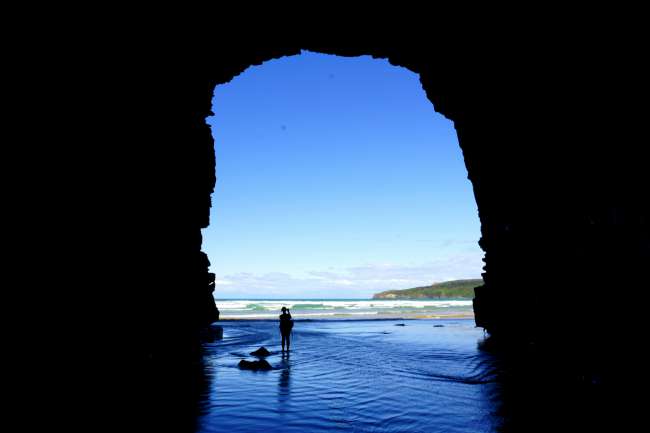
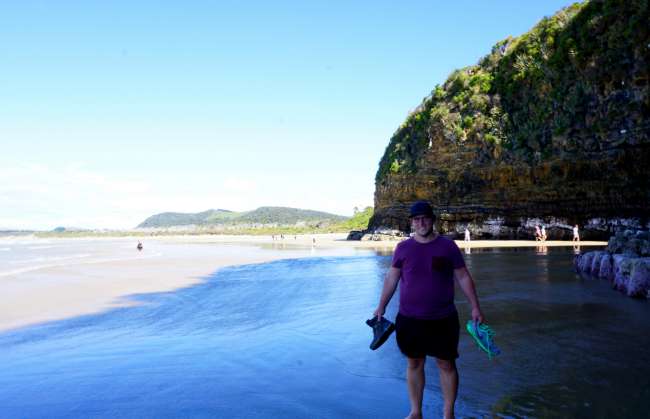
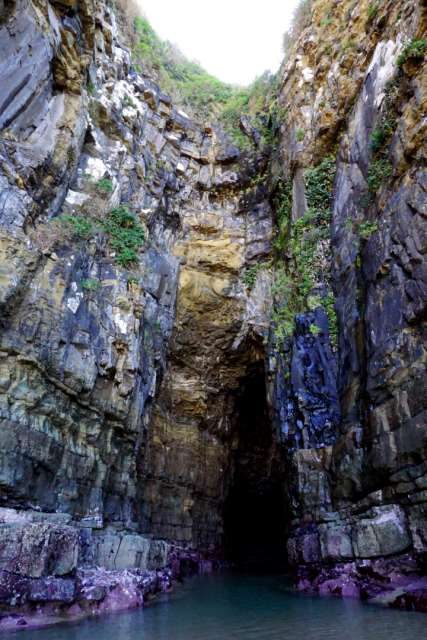
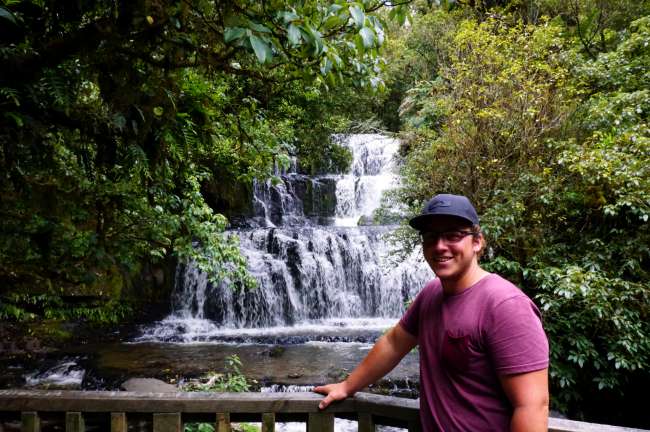
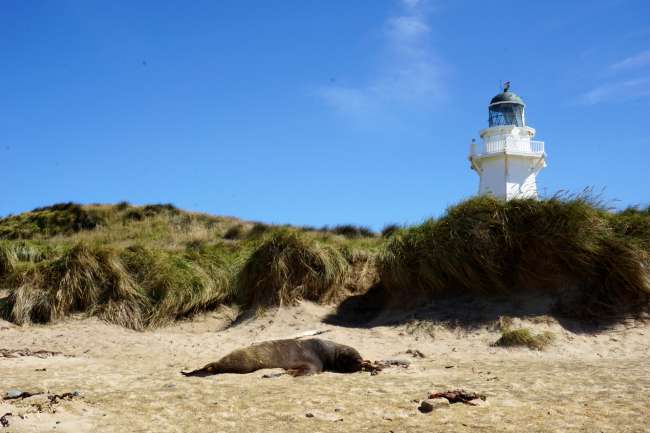
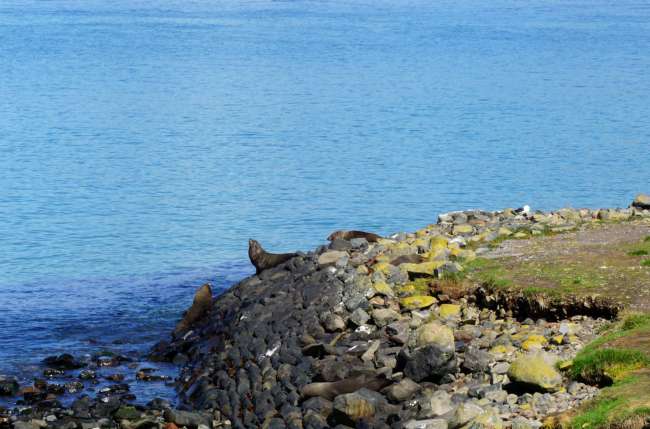
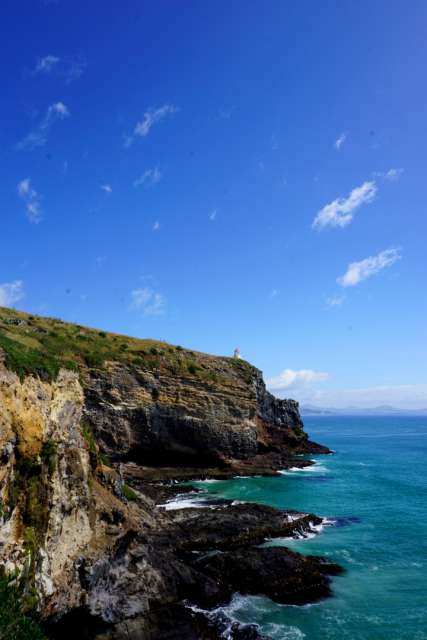
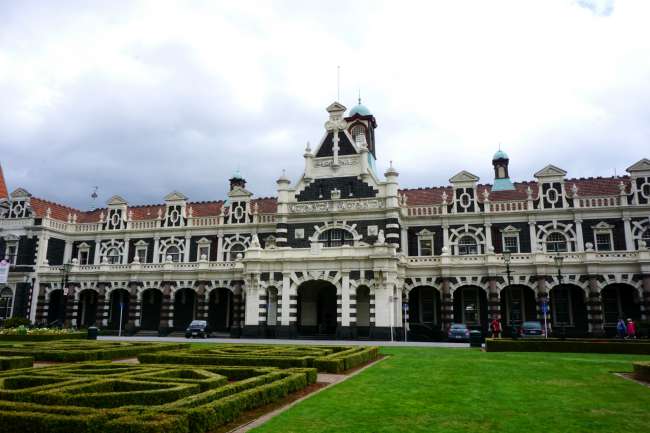
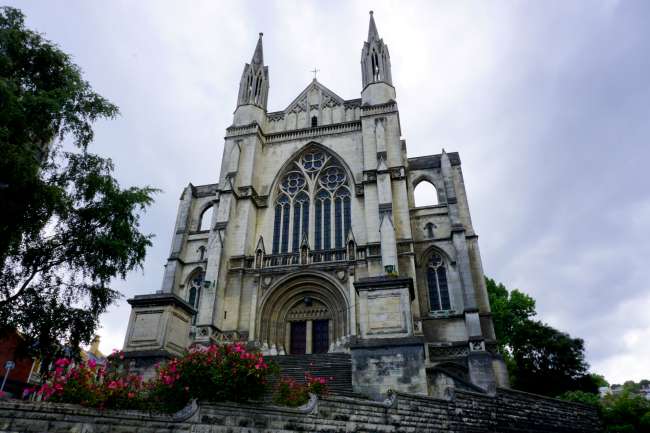
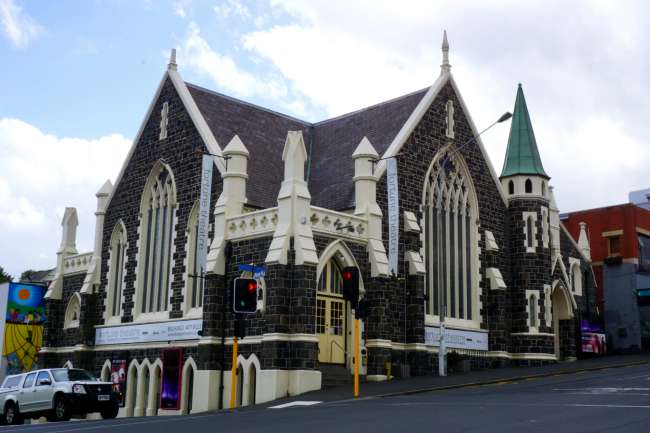
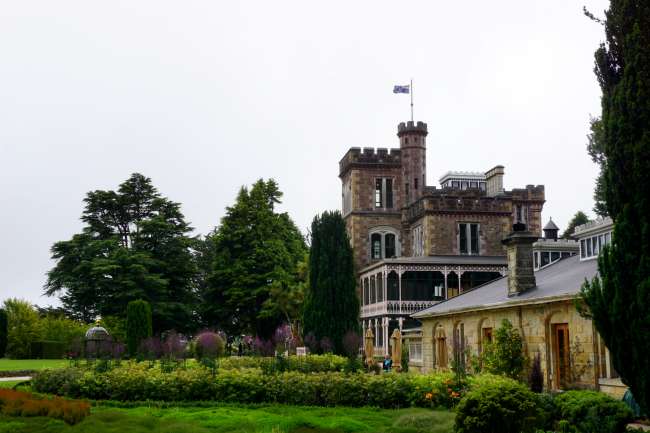
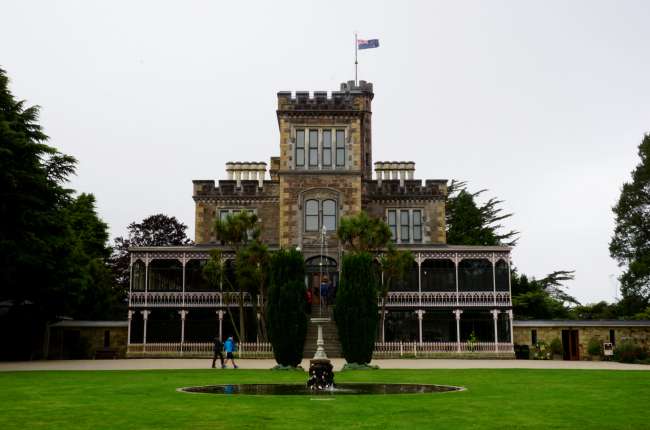
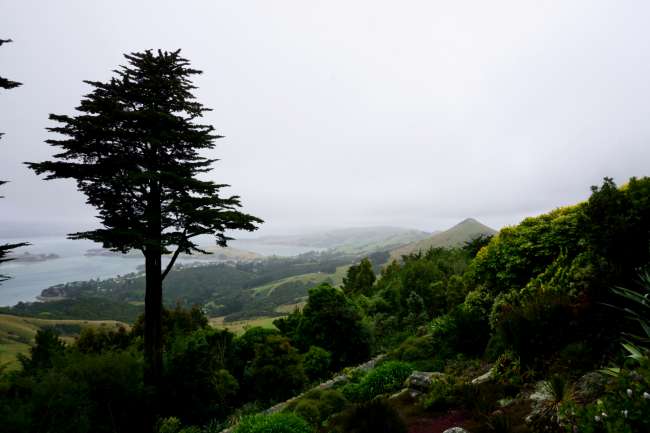
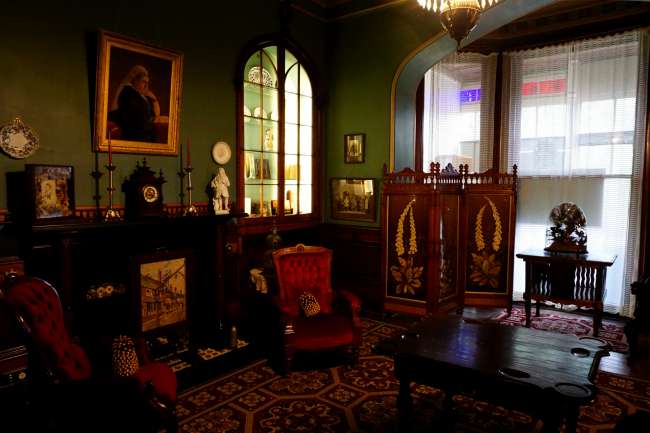
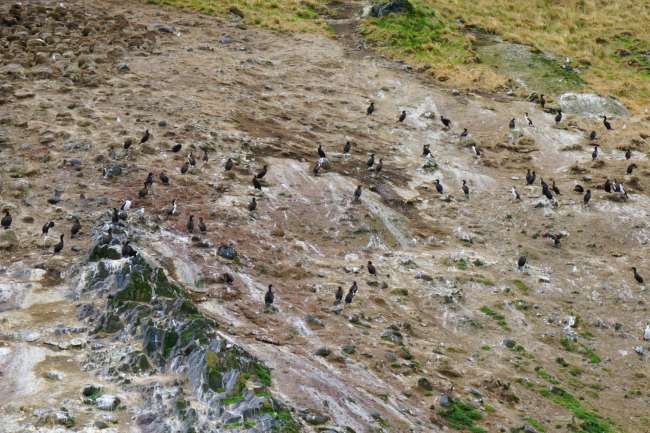
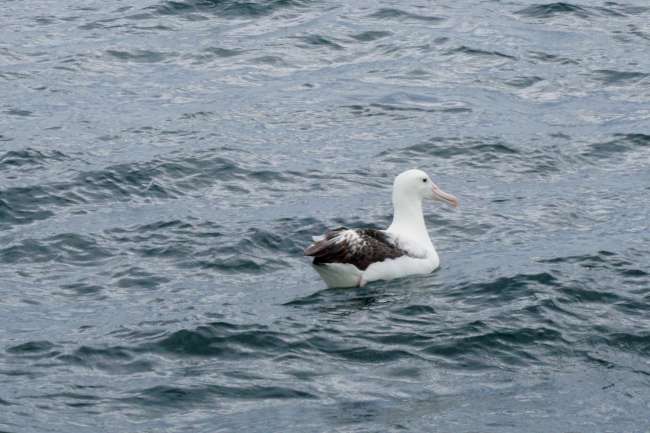
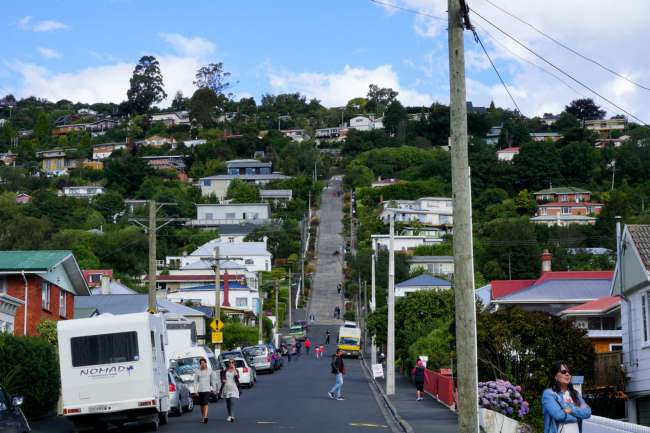
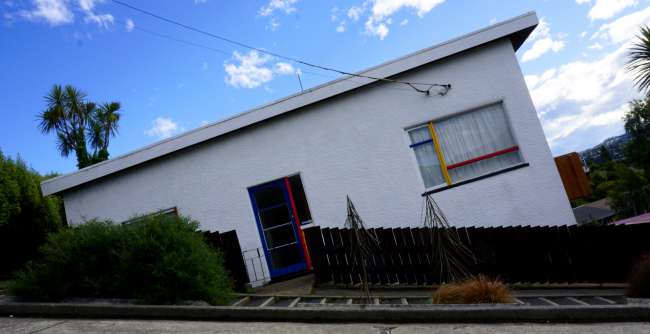
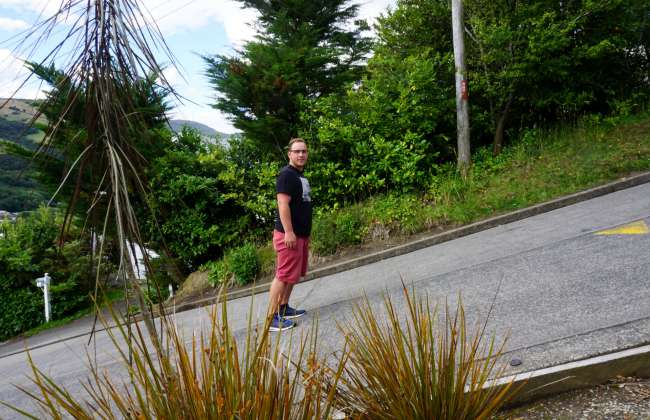
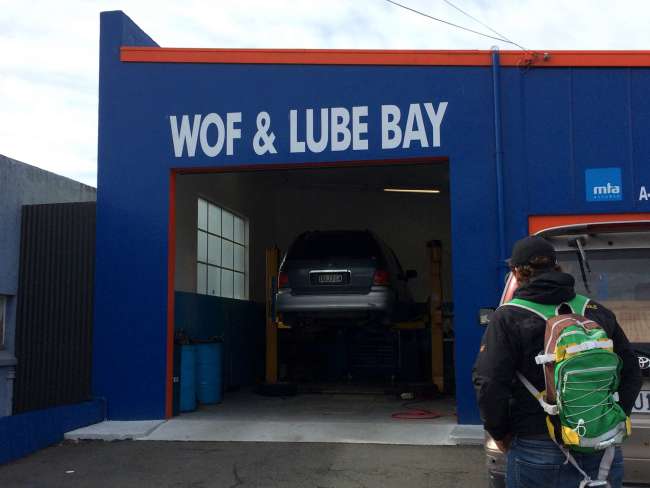
ન્યૂઝલેટર પર સબ્સ્ક્રાઇબ કરો
After our fabulous trip to the Fjordland, we headed to the deepest South of New Zealand. But before we reached the rugged and lonely Catlins, we made a short stop in Invercargill to buy some groceries. Here, we not only found the most expensive Pak'n Save (New Zealand's cheapest supermarket) of our entire trip, but also discovered that alcohol was not sold in supermarkets and had to be purchased at special 'Liqour Shops'. Since the city had no other attractions, we didn't stay long and continued on to the rural areas. Here, we visited almost every tourist destination in the area, including an ancient wooden bridge, a lighthouse or two, and a waterfall. We also had the opportunity to see a wild sea lion napping on the beach. At another beach, we discovered petrified tree trunks that had stood there millions of years ago and now lay as fossils on the beach. But our personal highlight was yet to come in the evening, as we wanted to observe one of the world's rarest penguins, the Yellow-eyed Penguin, coming ashore at dusk. These penguins are incredibly shy and there are only a few thousand of them left worldwide, so it was quite special. That evening, we only saw two of these adorable creatures, and since we shouldn't get too close to them and it was almost dark, they can only be vaguely seen in the pictures. Still, it was a bit crazy to wait for hours at the beach with 20 other people just to see a penguin waddle ashore.
The next day, we visited the Cathedral Caves, two sandstone caves formed by the sea's erosion that can only be accessed at low tide. Afterwards, we drove to Nugget Point Lighthouse, where we were surprised by a rain shower. Nevertheless, the view from there was incredible!
After spending a few days in the remote Catlins, we were looking forward to some civilization, and the student city of Dunedin was just what we needed. After strolling through the city and exploring some of its beautiful buildings (Dunedin is said to be very proud of its Scottish heritage according to the travel guide), we went to the Otago Peninsula, a large sanctuary for various wildlife such as the Blue Penguin, seals, shags, and one of the few mainland colonies of albatrosses. We hoped to catch a glimpse of these giant birds without visiting the Albatross Centre, but unfortunately, we didn't see a single bird. So, a few days later, we decided to take a boat trip to see the birds from the sea. And this time we were lucky! Besides the Northern Royal Albatross (which breed on the cliffs there), we even got to see a Southern Royal Albatross, which is even larger. We also saw a huge colony of shags, which from a distance look a bit like penguins, and a few Dusky Dolphins. So, our trip was worth it.
Meanwhile, our car had some problems for the first and hopefully last time... We heard noises when braking. "Not good at all," we thought and drove to a workshop the following working day. Luckily, the mechanic couldn't find any faults with the brakes, but apparently our handbrake had overheated and broken at some point, which meant it should be replaced as it could fall off and cause a lot of damage. Since we didn't know any better and since money is known to be loose with backpackers, we had it repaired for a mere $350. Well, at least now we can park on a slope without worrying!
But we didn't let our important investment spoil our mood and continued to explore the area. For example, I visited Larnarch Castle, a small cute castle with a beautiful garden and breathtaking views (in good weather). And we visited the world's steepest residential street. Some may wonder why we stayed in Dunedin for so long. Of course, the broken car played a role, but above all, we were waiting here for the start of our Wwoofing week. During this time, we lived with Kiwis for a certain period (in our case, 10 days) and in exchange for 4 hours of work per day, we received accommodation, meals, and an insight into New Zealand's (farm) life. But I'll report on that next time.
ન્યૂઝલેટર પર સબ્સ્ક્રાઇબ કરો
જવાબ આપો

મુસાફરી અહેવાલો ન્યૂઝીલેન્ડ
